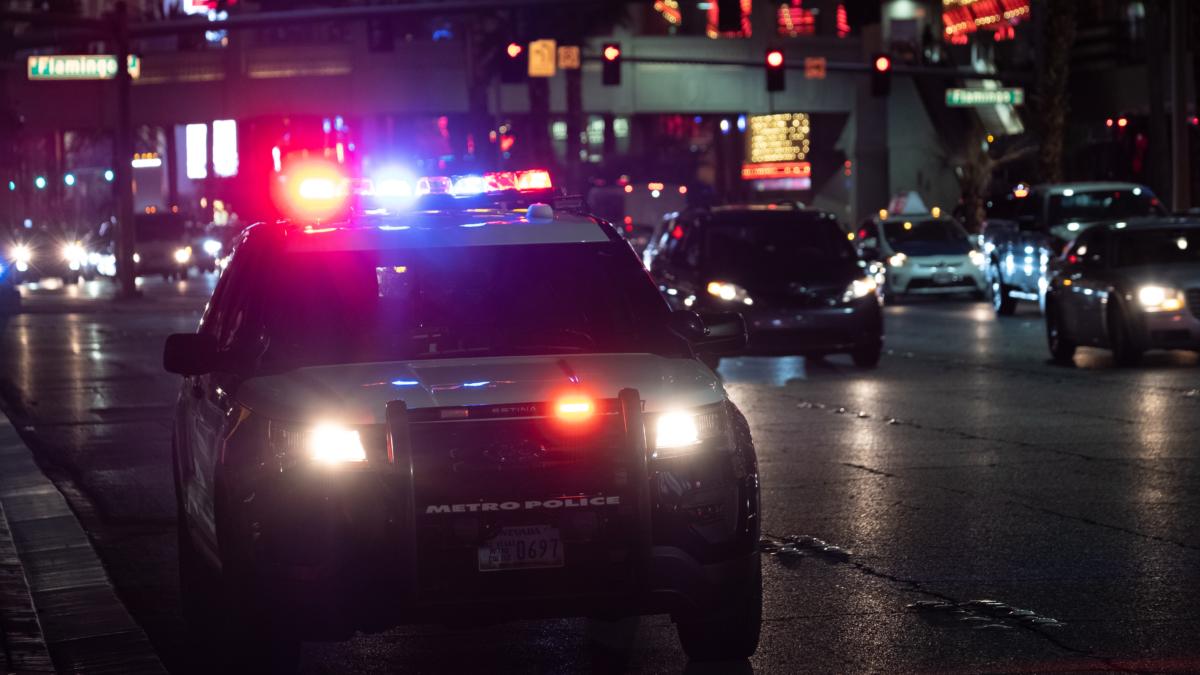Many conservatives and other opponents have accused the Biden administration of being soft on crime and caring more for criminals than the victims of crime and the police, an accusation also leveled locally at Philly DA Larry Krasner and Mayor Jim Kenney. Perhaps to counter that view, last month Merrick B. Garland, Biden’s attorney general, announced a new Department of Justice all-out effort to help protect communities from the alarming increase in major violent crimes.
“Today, we renew our commitment to reducing violent crime and building strong communities where all Americans are safe,” Garland said. “The deputy attorney general is issuing a comprehensive strategy to deploy our federal resources in the most effective way, disrupting the most dangerous threats and supporting the ground-level efforts of local law enforcement. In this endeavor, we will engage our communities as critical partners. And through our grant-making, we will support programming at all stages – from the earliest violence interruption strategies to post-conviction reentry services.”
D. Chirstopher Evans, the Drug Enforcement Administration acting administrator, added. “Violent crime is irrefutably linked to the transnational criminal organizations flooding our communities with illicit drugs. Leveraging our strong partnerships with state, local, and Tribal law enforcement, DEA will concentrate our efforts on the most serious offenders in areas with the highest crime rates.”
The DOJ stated that its strategy establishes a set of fundamental principles to be applied department-wide to guide violent crime reduction, such as building trust and earning legitimacy with communities and investing in prevention and intervention programs. The principles also include the targeting of enforcement efforts and priorities to investigate and prosecute the most significant drivers of gun violence and other violent crime.
According to the DOJ, the “whole-of-Department” approach means that the stated principles will guide not only the DOJ’s 94 U.S. Attorneys’ offices, but also its law enforcement components. They will also guide the DOJ’s grant-giving components, such as the Office of Justice Programs, the Office of Community Oriented Policing Services, and the Office of Victims of Crime, as well as the DOJ’s litigating divisions, such as the Criminal Division.
The U.S. Attorneys were also instructed to update their Project Safe Neighborhood programs to improve community engagement, support proven community-violence intervention programs, and develop strategic enforcement plans in coordination with local law enforcement partners as well as community groups, and measure the effectiveness of these efforts to reduce violence. The U.S. Attorney’s Offices were also directed to establish an immediate plan with community partners to address spikes in violent crime that typically occur in the summer.
According to the DOJ, the FBI will make available its analytical resources to support state and local law enforcement efforts to identify the most violent offenders and most dangerous criminal organizations in communities. The FBI will also deploy special agents to assist with enforcement operations targeting these criminals. The ATF will embed with local homicide units and expand the availability of its NIBIN Correlation Center, which matches ballistics from crime scenes to other ballistic evidence nationwide.
The United States Marshals Service, in coordination with state and local authorities, will conduct fugitive sweeps throughout the country focused on individuals subject to state or local warrants for homicide, aggravated assault with a firearm, aggravated robbery, robbery with a firearm, rape or aggravated sexual assault. Also, the DOJ’s grant-making components will highlight funding opportunities for community programs focused on reducing gun violence and other violent crime, and share information about effective community-violence intervention programs.
And the DEA will focus its efforts, in coordination with its local law enforcement partners, to disrupt the activities of the most violent drug trafficking gangs and egregious drug-trafficking organizations operating in the highest-crime areas.
I reached out to the Philadelphia DEA field office and asked them how they were addressing the new DOJ strategy here.
“Our office has an enforcement group comprised of DEA Special Agents and officers from the Philadelphia Police Department and SEPTA Police Department that specifically addresses drug-related violence in Philadelphia,” said Jonathan A. Wilson, the Special Agent in Charge of the DEA’s Philadelphia Field Division. “This group has made 113 arrests and seized approximately 61 guns, nine kilograms of fentanyl, 12 kilograms of heroin, 14 kilograms of cocaine, 21 pounds of methamphetamine, and $2.3 million in assets over the past year alone.
“Combating violent crime in partnership with the Philadelphia Police Department is one of the highest enforcement priorities for the DEA.”
This past year, the COVID-19 epidemic curtailed businesses and restricted the freedom of individuals. But COVID-19 did not falter crime. It has enhanced crime.
With COVID-19 restrictions being lifted, will crime spike? It is up to the feds and local law enforcement to ensure that doesn’t happen.
Paul Davis’ Crime Beat Column appears here each week. You can contact him via pauldavisoncrime.com.





